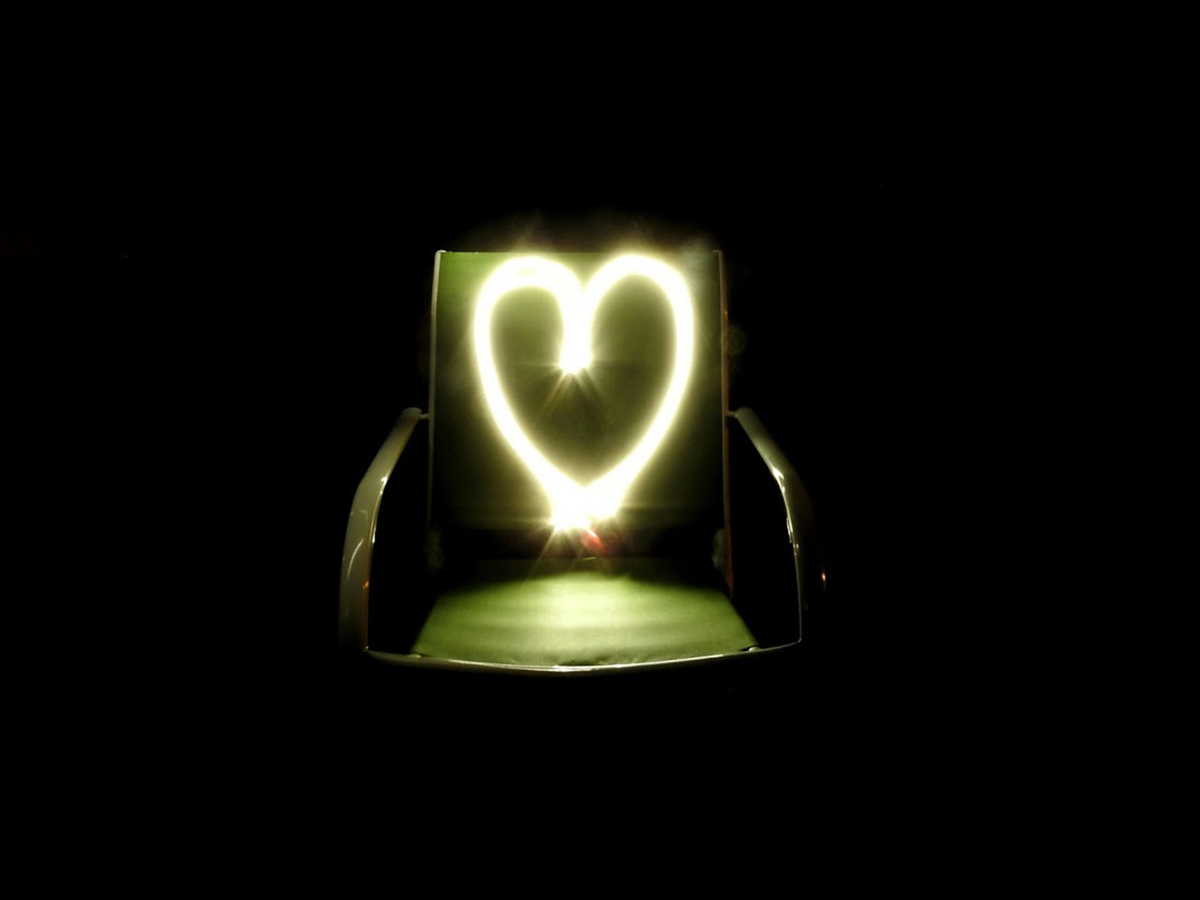
Congestive heart failure is inability of ventricle to squeeze the entire amount of instilled blood. This results in increased pressure in the atrium and venous system behind the insufficient ventricle, leading to increased systemic, venous, and capillary pressure, with transudation of fluid into interstitial space.
Causes
There are many possible causes of acute congestive heart failure:coronary heart disease, cardiomyopathy, myocarditis, infiltrative myocardial diseases, hypertension, stenosis of aortic and pulmonary valves, aortic and mitral insufficiency, congenital heart defects, anemia, pregnancy, beriberi, myocardial damage by drugs, ionizing radiation,thyrotoxicosis. Perceived factors are: infection, anemia, pulmonary embolism, pregnancy, thyrotoxicosis, myocardial infarction, infective endocarditis, stress and increased salt intake.Symptoms
Dyspnea (breathing disorder) is certainly the first and main symptom of disease, which occurs as a result of increased effort while breathing. In the first stage of disease it occurs only during physical activity, and later dyspnea is present even in the steady state.Ortopnea - dyspnea in a lying position is caused by passing the liquid from the abdomen and lower extremities to the chest. Patients awake from sleep with shortness of breath, lack of air and coughing during the night, sleeping on a low pillow.
Paroxysmal night dyspneas are attacks of short breathing and coughing, which occur at night, awakening patients from sleep. While the ortopnea passes as the patient sits down, in the case of paroxysmal night dyspnea, cough and whistling in the chest is still present even in this position.
Pulmonary edema is so severe dyspnea that a patient has a sense of imminent threat to life and he/she is crushed, anxious, sweating heavily, coughing and expectorating frothy and ichory sputum with audible wheeze in the chest.
Fatigue, weakness and reduced effort tolerance are common symptoms. Also, there are anorexia, nausea, vomiting and dull pain in the area of the liver.
In elderly there are confusion, poor concentration and memory, headaches and insomnia due to poor blood supplying the brain. Besides that, frequent night urination contributes to insomnia.
There are pasty cardiac edemas around the ankle and the shin, which are formed under the influence of gravity and most prominent in the evening.The liver is enlarged and painful, later becoming firmer. Ascites (accumulation of fluid in the abdominal cavity) and jaundice occur due to liver damaging.
Other possible symptoms include: pale, cold and wet extremities, a reduced excretion of urine, a low concentration of sodium in the urine, a positive albumin in the urine.
Diagnosis
Diagnosis is based on anamnesis, clinical examination, radiography of the heart and lungs and ultrasound.Treatment
A unique rule for the treatment cannot be formulated because of different etiologies, haemodynamic images, clinical manifestations and severity of failure. The first measure is, of course, reduced physical activity and reducing salt intake. If this is not enough, medication therapy starts with combination of diuretics, ACE inhibitors and digitalis. The next step is the rigorous salt restriction and use of strong diuretics. If there is no effect, hospitalization, strict salt restriction, intravenous vasodilators, positive inotropic agents and other measures are applied.

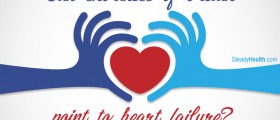
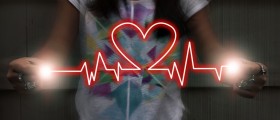

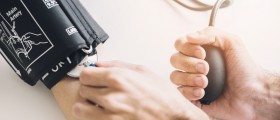
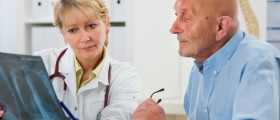

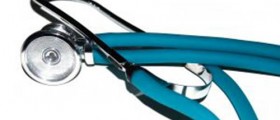
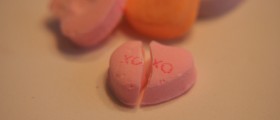
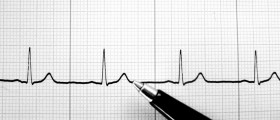
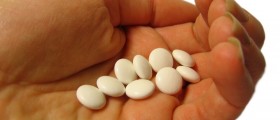
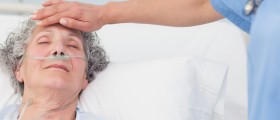
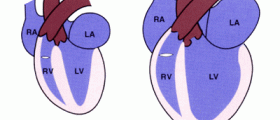


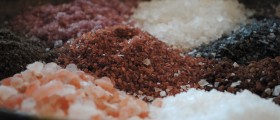
Your thoughts on this
Loading...